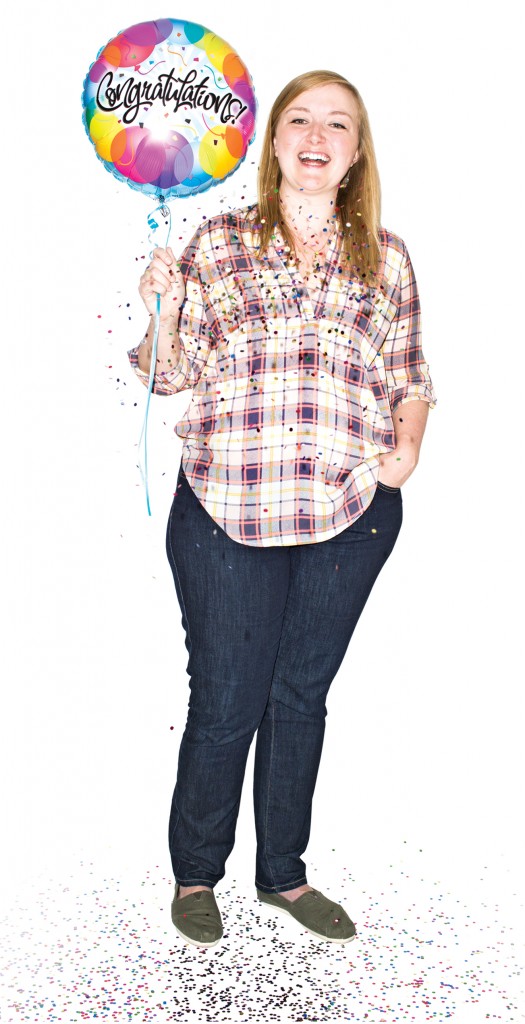Student debt-free after just 2 years
Cait Flanders, 29, eliminated $28,000 of debt in 2 years.
Advertisement
Cait Flanders, 29, eliminated $28,000 of debt in 2 years.

Share this article Share on Facebook Share on Twitter Share on Linkedin Share on Reddit Share on Email